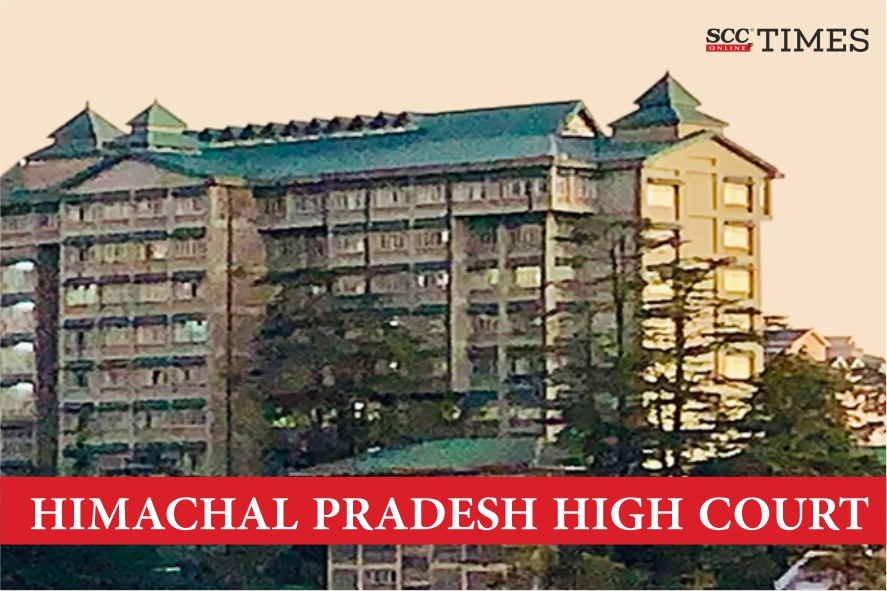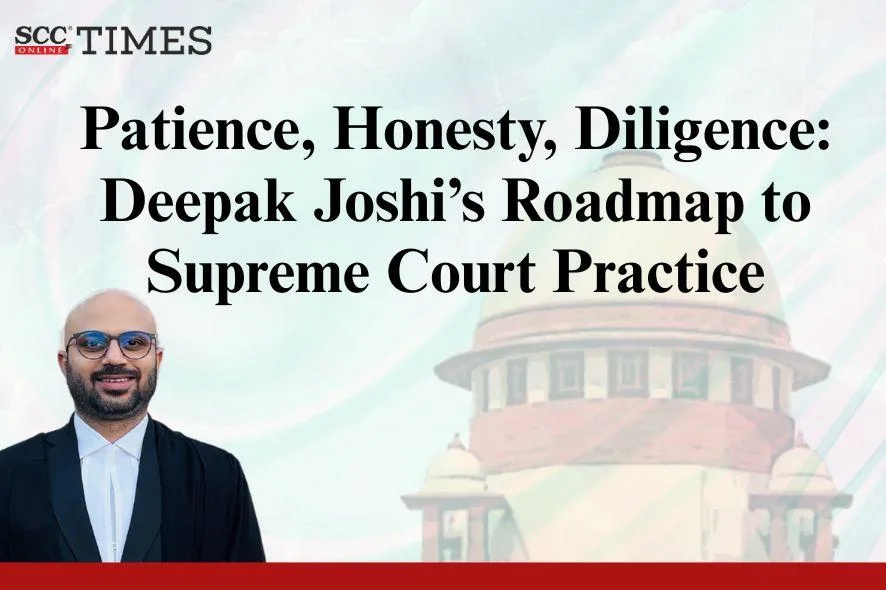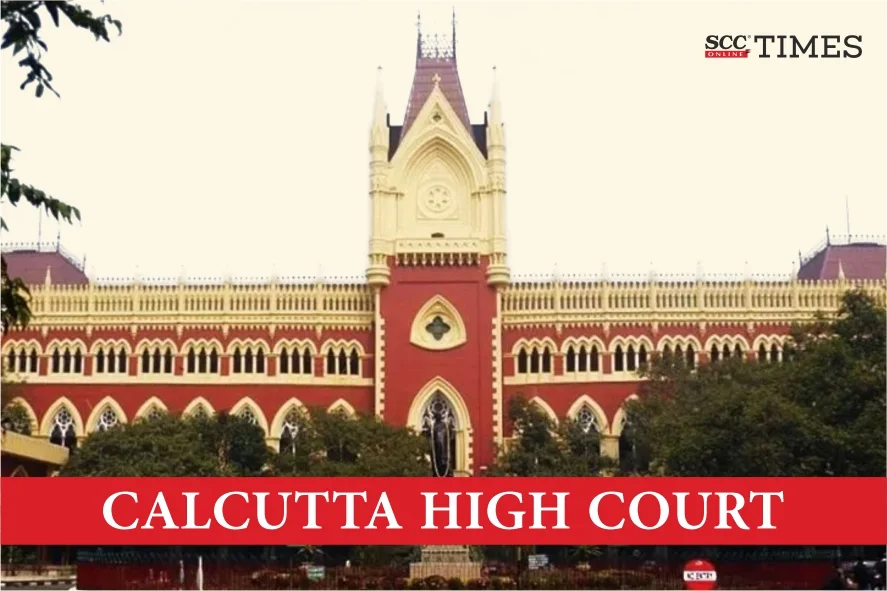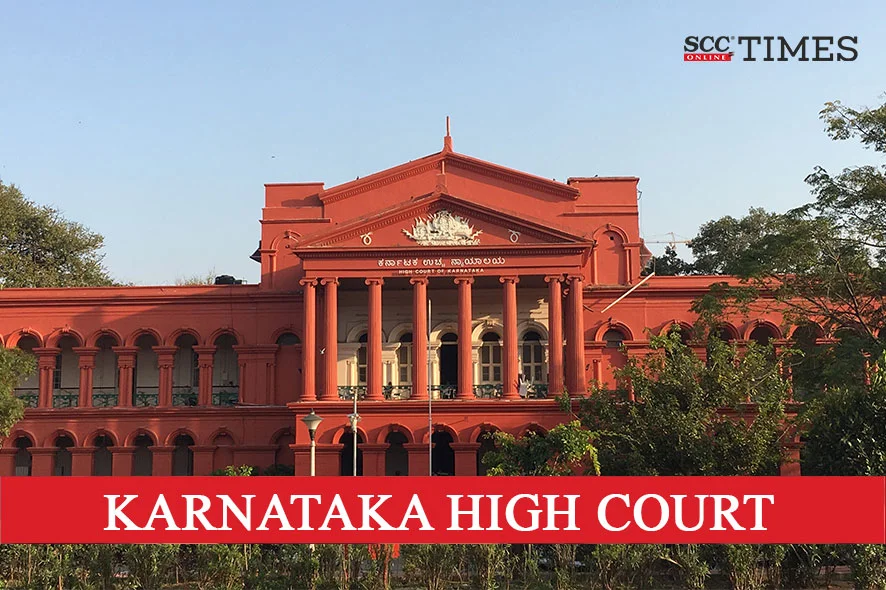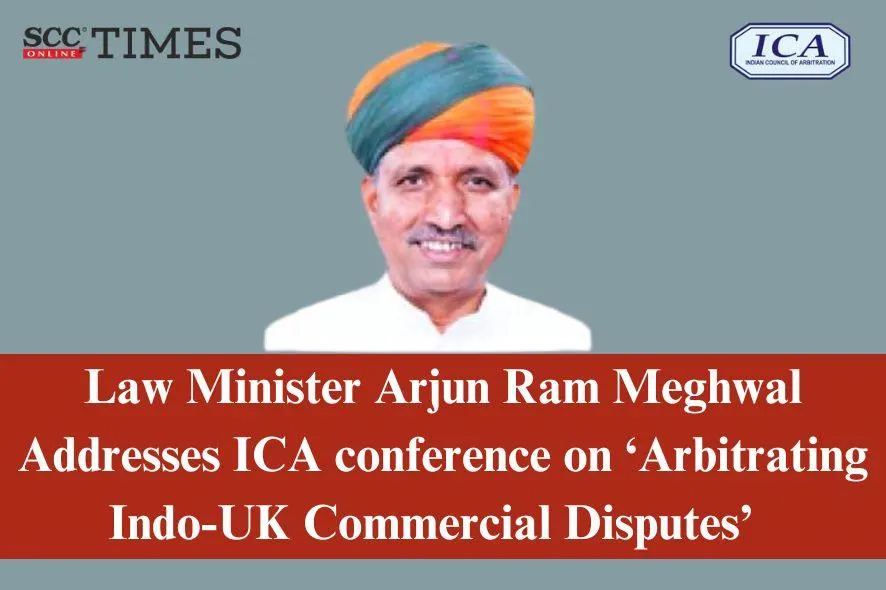Delhi High Court: A petition was filed under Article 226 seeking quashing of Rule 9B of the High Court of Delhi Designation of Senior Advocate Rules, 2024 as being arbitrary, discriminatory, and violative of Articles 14, 19(1)(g), and 21 of the Constitution of India. A division bench of Devendra Kumar Upadhyaya, CJ., and Tushar Rao Gedela, J., held that the distinction sought to be drawn between the retired judicial officers of DHJS and the HJS of other States, is based entirely on intelligible differentia and is, ex facie, not violative of equality enshrined in Article 14.
The petitioner is a retired judicial officer with extensive experience in the Uttar Pradesh Higher Judicial Service. After serving 36 years in the Uttar Pradesh Judiciary, including 16 years in the Higher Judicial Service, the petitioner was selected and appointed as a Judicial Member of the National Company Law Tribunal. Subsequently, the petitioner was elevated as a ‘Technical Member’ of the National Company Law Appellate Tribunal Delhi, and retired upon attaining the age of 67, on 20-02-2022. On 14-03-2024, the Court issued Notification whereby certain amendments in Chapter 6-L, Volume V of High Court Rules & Orders were made. Part L of Chapter 6 provides the Rules to designate an advocate as a senior advocate. The impugned Rule 9B of the High Court Senior Designation Rules, 2024 has been added vide the aforesaid notification.
The petitioner appeared in person and stated that the impugned Rule 9B is arbitrary and discriminatory as it restricts the privilege of submitting a request letter for designation as a Senior Advocate, to the retired judicial officers of the Delhi Higher Judicial Service with 10 years of service, thereby, creating an unreasonable classification under which any retired judicial officer of HJS from other state judiciaries who regularly practices before this Court and contributes to the development of jurisprudence are conveniently and arbitrarily excluded from availing the benefits of Rule 9B of the Rules. It is stated that the petitioner has significant experience of 16 years as an HJS officer in Uttar Pradesh out of a total of 43 years as a judge in the State of UP, NCLT, and NCLAT and despite such credentials, he has been unreasonably excluded from the benefits of Rule 9B solely because he served as a judicial officer in a State other than Delhi.
The petitioner, contended that the Rules for the purposes of eligibility to confer the designation of a Senior Advocate, particularly Rule 9B is violative of his rights under Article 19(1)(g) of the Constitution of India and is discriminatory being in violation of Article 14 of the Constitution of India, as the class of individuals specified therein has no reasonable nexus with the objective sought to be achieved; nor is it based on any intelligible differentia. He brings to the notice of this Court that as per his information, no other High Court has a similar rule as Rule 9B of the Rules formulated by this Court. As such, he states that in case Rule 9B is not struck off or read down, the petitioner would never ever get a chance to apply for conferment of designation as Senior Advocate till he completes ten years as an advocate, in which case, he would have to apply only under Rule 9A and not Rule 9B of the Rules.
The Court relied on Indira Jaising vs. Supreme Court of India, (2017) 9 SCC 766, wherein the Supreme Court noted that the exercise of the power vested to designate an advocate as a Senior Advocate is circumscribed by the requirement of due satisfaction that the advocate concerned fulfils three conditions stipulated under Section 16 of the Advocates Act, 1961 i.e. (i) ability; (ii) standing at the Bar; and/or (iii) special knowledge or experience in law that the individual has acquired. It was observed that it is not an uncontrolled, unguided, uncanalised power. The Supreme Court also observed that the designation “Senior Advocate” is hardly a title and is a distinction or recognition.
The Court noted that it is apparent that such evaluation is subjective on the basis of objective material before the Permanent Committee ordinarily comprising Chief Justice as Chairperson, two senior most Judges of the High Court, ASG as well as three Senior Advocates representing the State, and a nominated member of the particular High Court Advocate’s Bar Association. Such a High-Powered Committee examines the material on record before recommending the names to the Full Court of the said High Court for taking a decision on conferment of designation as Senior Advocate on an advocate.
The Court remarked that “the Rules of the year 2024 envisage two categories of advocates who would be eligible to seek conferment of designation as Senior Advocate. One under Rule 9A and the other under Rule 9B. Rule 9A specifies the eligibility criteria in respect of an advocate who is a practitioner and envisages various parameters which need to be fulfilled by the advocate before the said individual is considered for such designation. While Rule 9B which has been introduced by way of an amendment on 14.03.2024, provides for a facility for the judicial officers who have retired from the DHJS, of seeking conferment of designation as a Senior Advocate. We are given to understand that in all probability, it is only this Court that extends such benefit upon the retired judicial officers who were serving the State Judicial Services and are practicing as advocates consequent to their retirement etc.”
The Court observed that the burden of proving the unconstitutionality of Rule 9B lies with the petitioner, but the challenge lacked merit. The rationale for limiting the eligibility for Senior Advocate designation to retired judicial officers of the Delhi Higher Judicial Service (DHJS) was found to be based on intelligible differentia. The court emphasized that the performance of DHJS officers is regularly assessed by Delhi High Court judges, who have access to their appraisal reports. In contrast, the court lacked the means to assess retired judicial officers from other states due to the absence of relevant records and first-hand knowledge of their work. Additionally, the administrative control under Article 235 of the Constitution is restricted to courts within the Delhi High Court’s jurisdiction, further supporting the distinction.
The Court also rejected the petitioner’s argument that his experience as a Member Judicial in the NCLT and Member Technical in the NCLAT should be considered. It clarified that these tribunals are not under the administrative control of the Delhi High Court, preventing any evaluation of the petitioner’s performance. Furthermore, the Court dismissed claims of a violation of Article 19(1)(g), stating that the denial of Senior Advocate designation does not restrict the petitioner’s right to practice law.
Thus, the petition was dismissed, with the Court affirming the validity of Rule 9B and found that the differentiation in the rule was justified and not in violation of Article 14 of the Constitution. Consequently, the petitioner’s plea for consideration of his application for Senior Advocate designation was denied, and no costs were imposed.
[Vijai Pratap Singh v. Delhi High Court, 2025 SCC OnLine Del 1954, decided on 27-03-2025]
Advocates who appeared in this case:
For the Petitioner: Mr. Utkarsh Kandpal & Mr. Bhanu Gupta, Advocates alongwith petitioner in person.
For the Respondents: Dr. Amit George, Mr. Arkaneil Bhaumik, Mr. Adhishwar Suri, Ms. Suparna Jain, Mr. Dushyant Kishan Kaul, Ms. Ibansara Syiemlieh, Ms. Rupam Jha and Ms. Medhavi Bhatia, Advocates.





